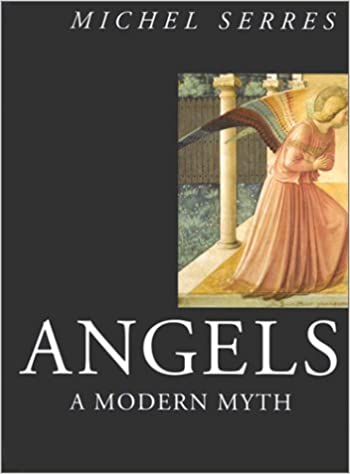1/ Latour’s understanding of objects can only be understood in light of his early dissertation work on the theology of Rudolf Bultmann.
2/ For Bultmann, as a dialectical theologian, God can never be “eine Gegebenheit”; knowledge of God is not the same sort of knowledge as “getting to know a person”, along a scale from worse to better over time.
3/ That would be to treat God as an object that can (potentially, given enough time) be mastered and “object-ified”. “No frivolous talk of God’s unknowability!”, as Bultmann puts it!
4/ God is not unknowable because of human reason’s incapacity to grasp the full magnitude of God as an object of knowledge; we are not ignorant of God in the way we are ignorant of, say, the species of marine life in the ocean depths.
5/ Rather, we can only "know" God in the moment of salvation, the coming-to-me of the totally-other, who now occupies the full horizon of our existence & has "allied" with us in a way that changes everything.
6/ God is dialectically other than the world not because he is so "hard" to know, but because the grace of God remains iustitia aliena, a permanently alien gift from the eschatological beyond.
7/ Thus Bultmann repeatedly refers to Herrmann’s axiom, “We can only say of God what God does to us”.
8/ Bultmann’s definition of the “object-God” is soteriological before it is ontological. God is God, not on the basis of metaphysical speculation, but on the basis of his entry into history (in Christ, and then in the eschaton). We can only say of him what he does to us.
9/ Thus, @dwcongdon writes: “Only because God is eschatologically transcendent is God ontologically transcendent; God is wholly other because God is the one who comes to the world” (p.329).
10/ And this is the key to Latour’s definition of objects. Yes, all objects can be “known”, in the first sense. This = science; the mode of [REF], the careful construction of chains the provide full & complete reference to an object, however distant.
11/ But there are other ways of knowing. And whilst we can know objects completely in the mode of [REF], we also can never master them because of the countervailing action of [REL], which stipulates that objects come to us like "angels".
12/ This is what Latour learnt from the "angelology" of master Michel Serres, alongside the Bultmann-Malet axis that was his early influence.
13/ Latour’s religion is crucial to the ontological deployment of his work by @drzamalek, etc: objects are “actants”, but only in the sense that they come to us voluntaristically in the “krisis” of a moment, to ally with us in the residue of what in them cannot be mastered.

 Read on Twitter
Read on Twitter





